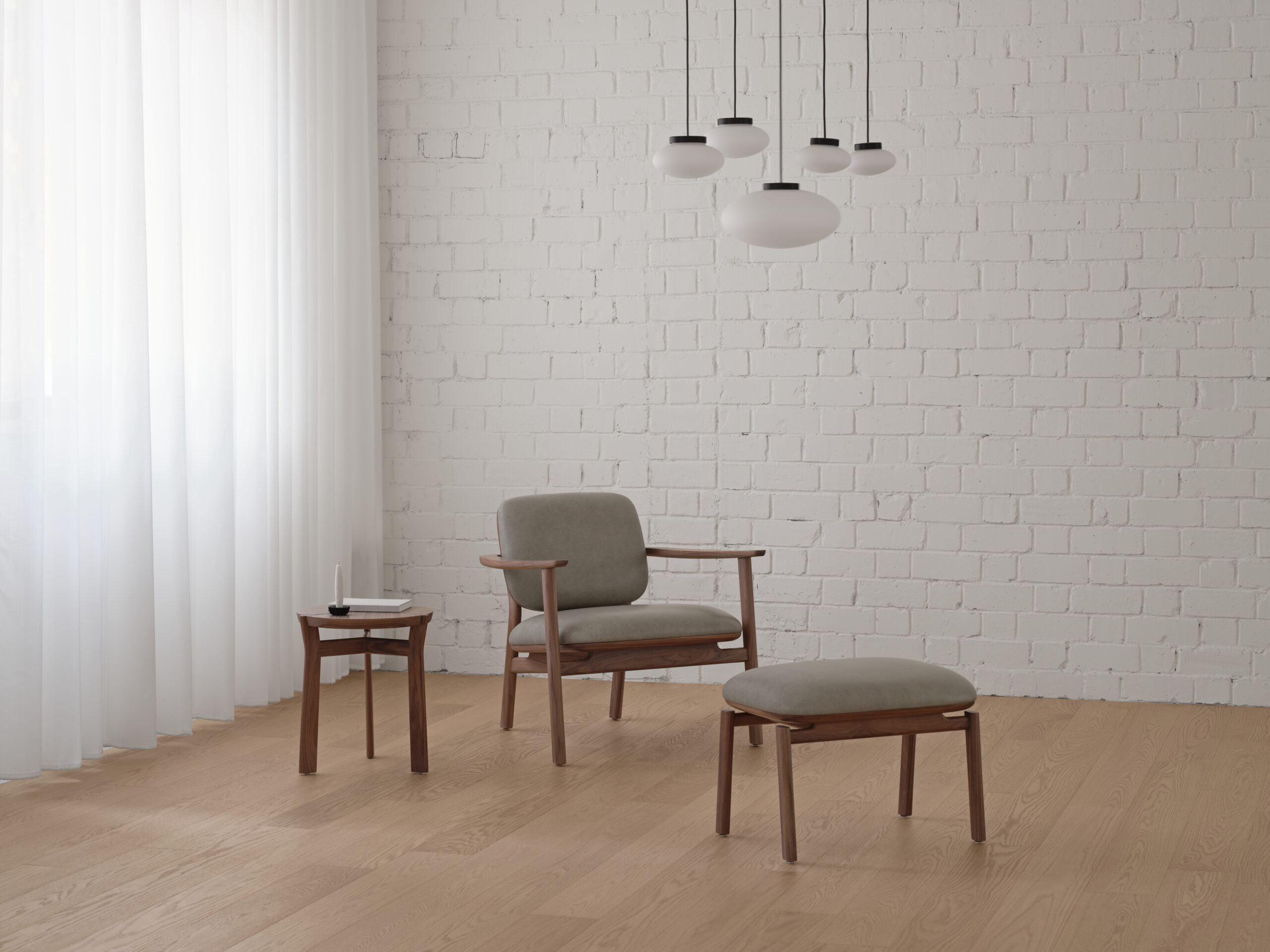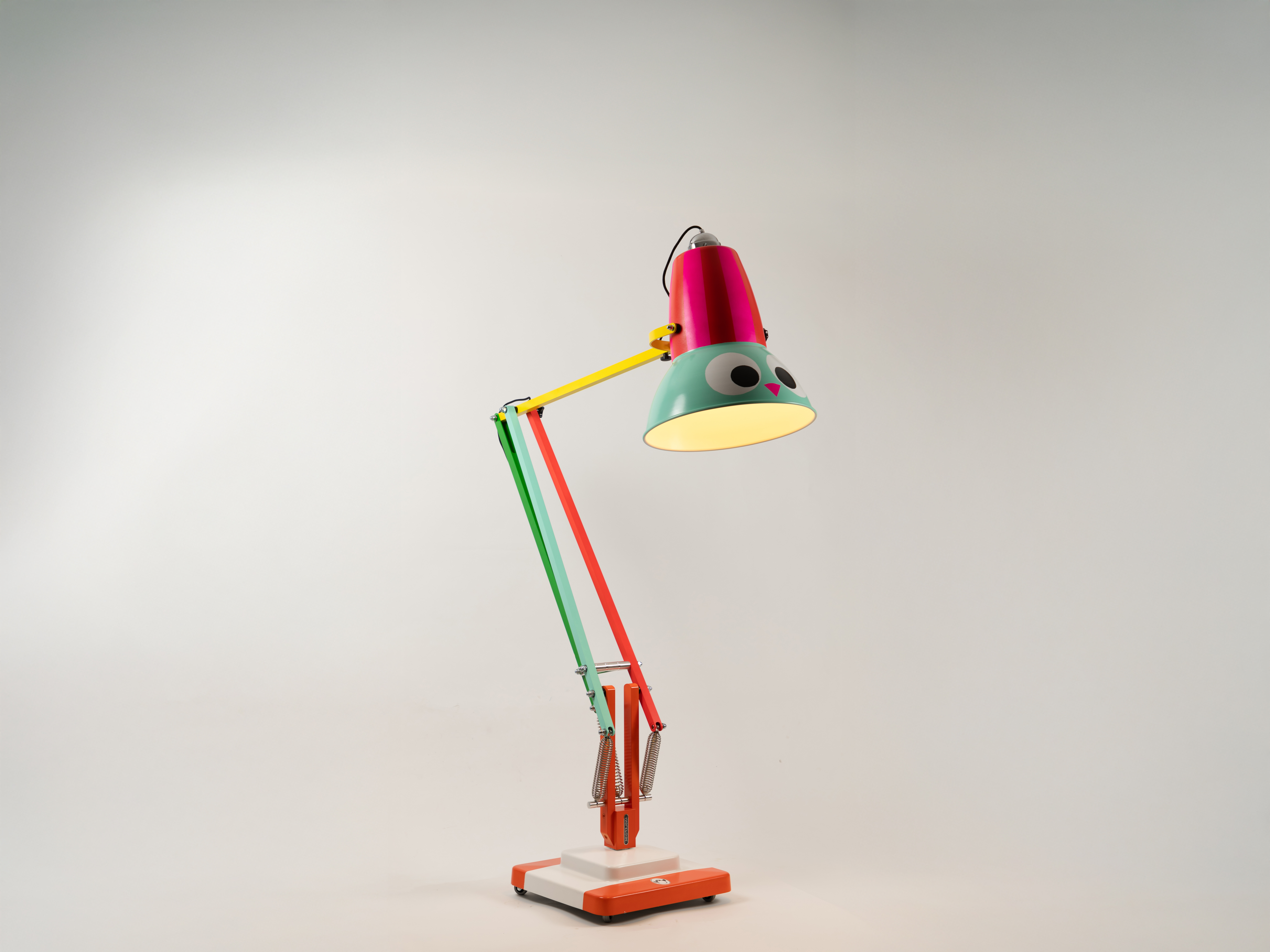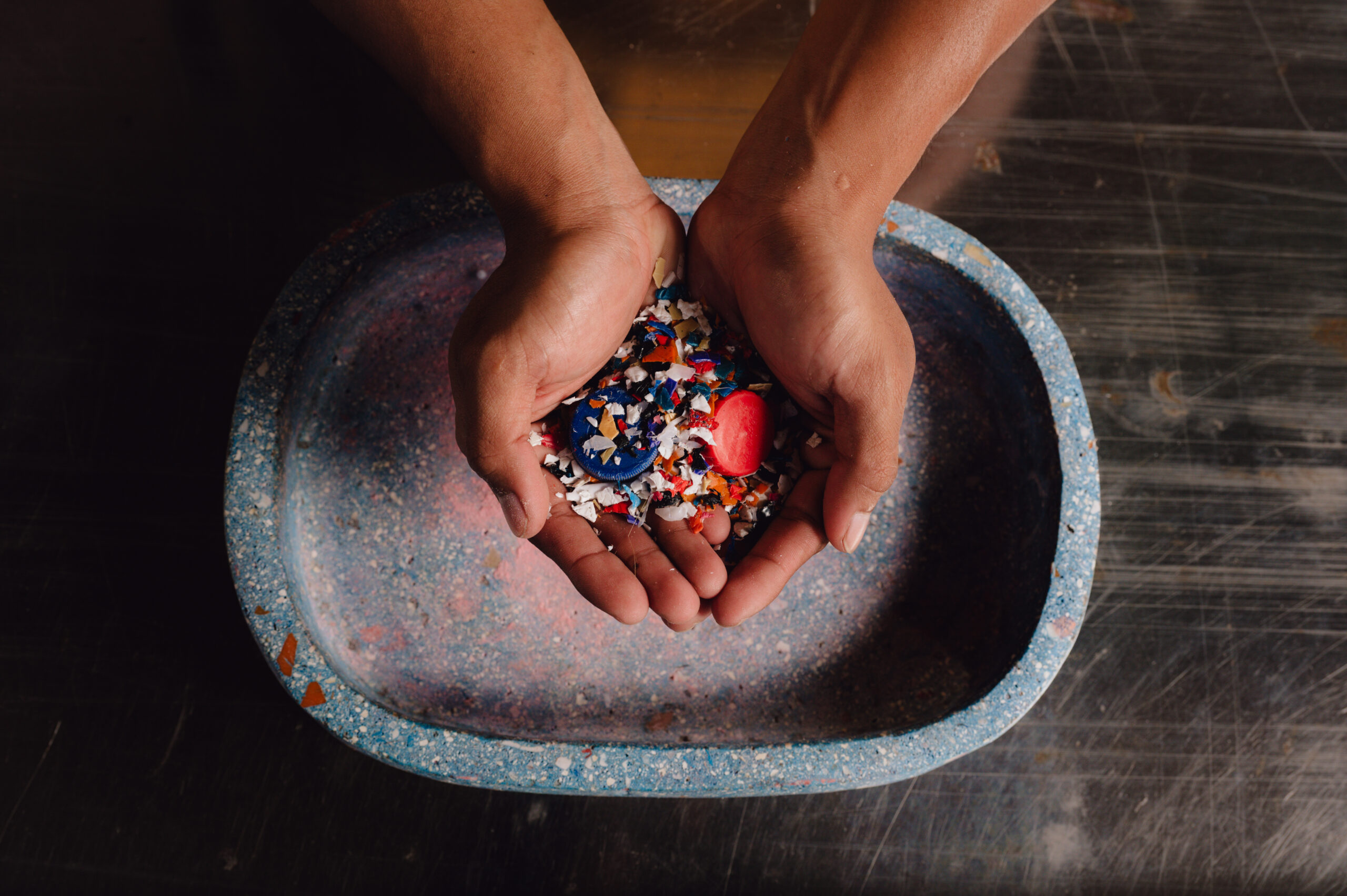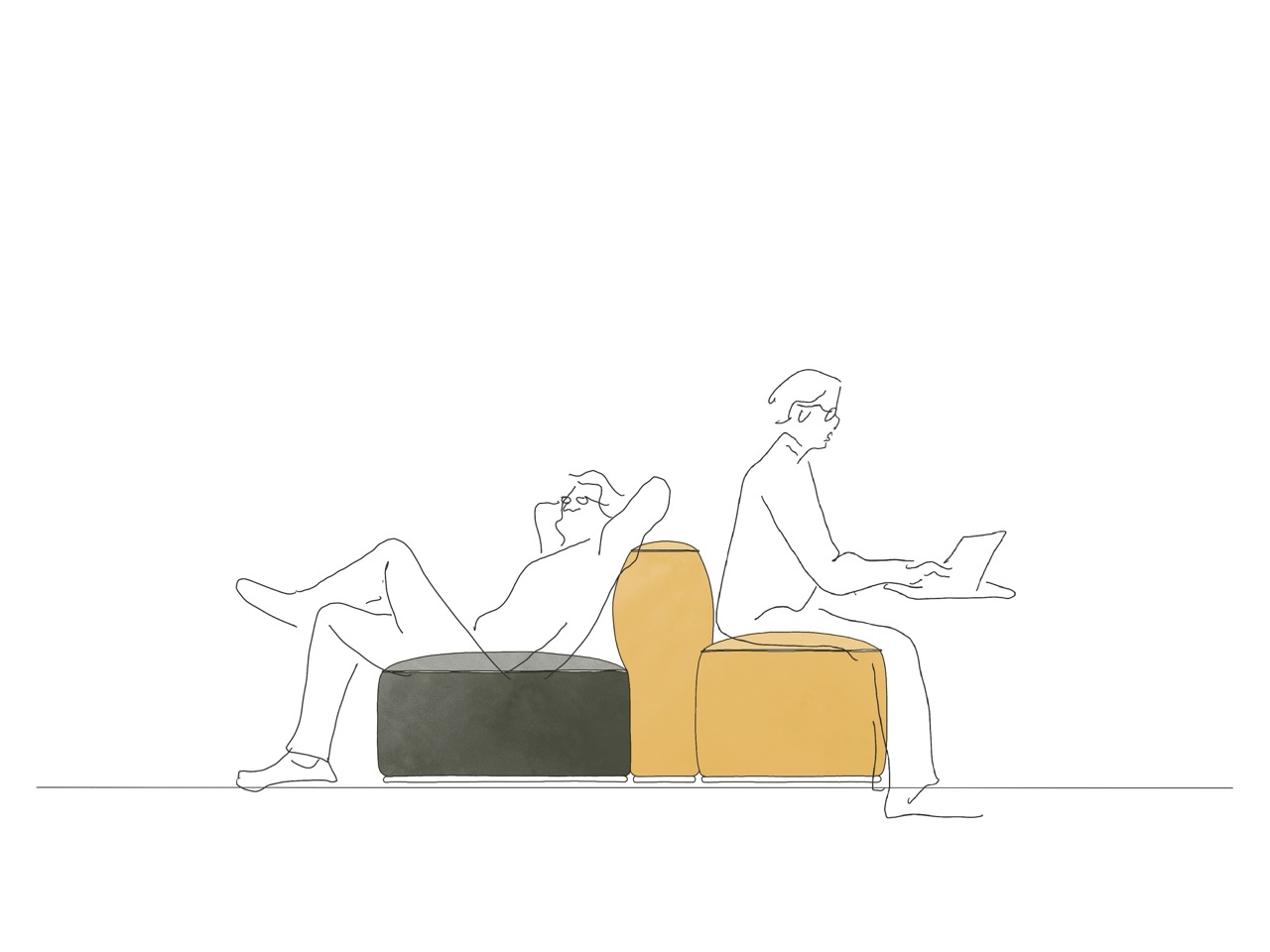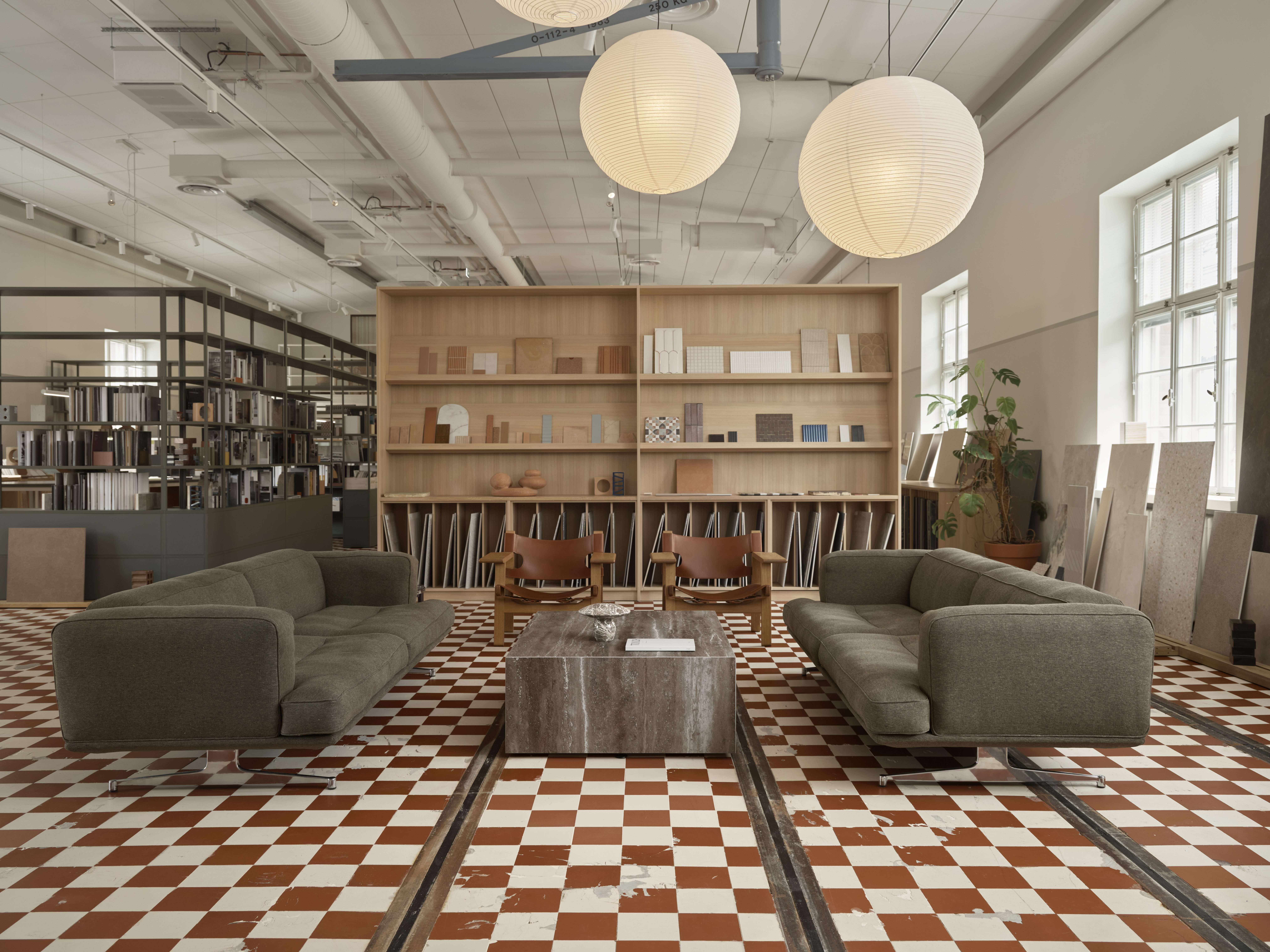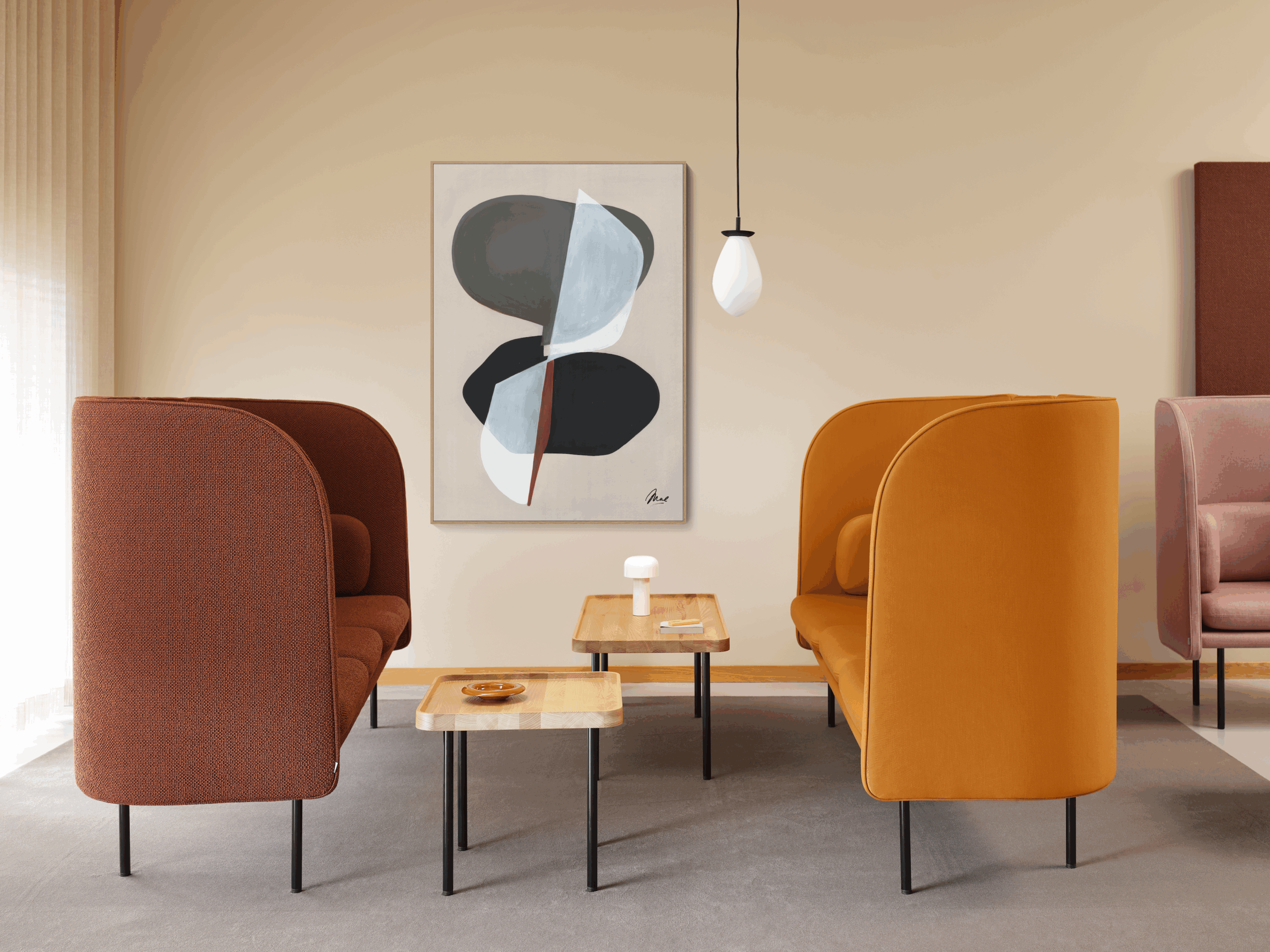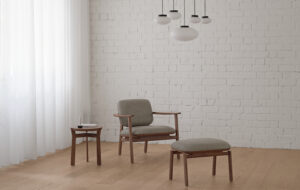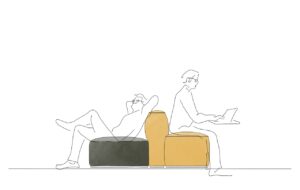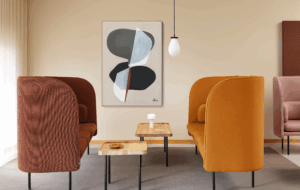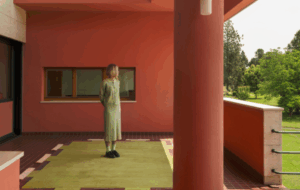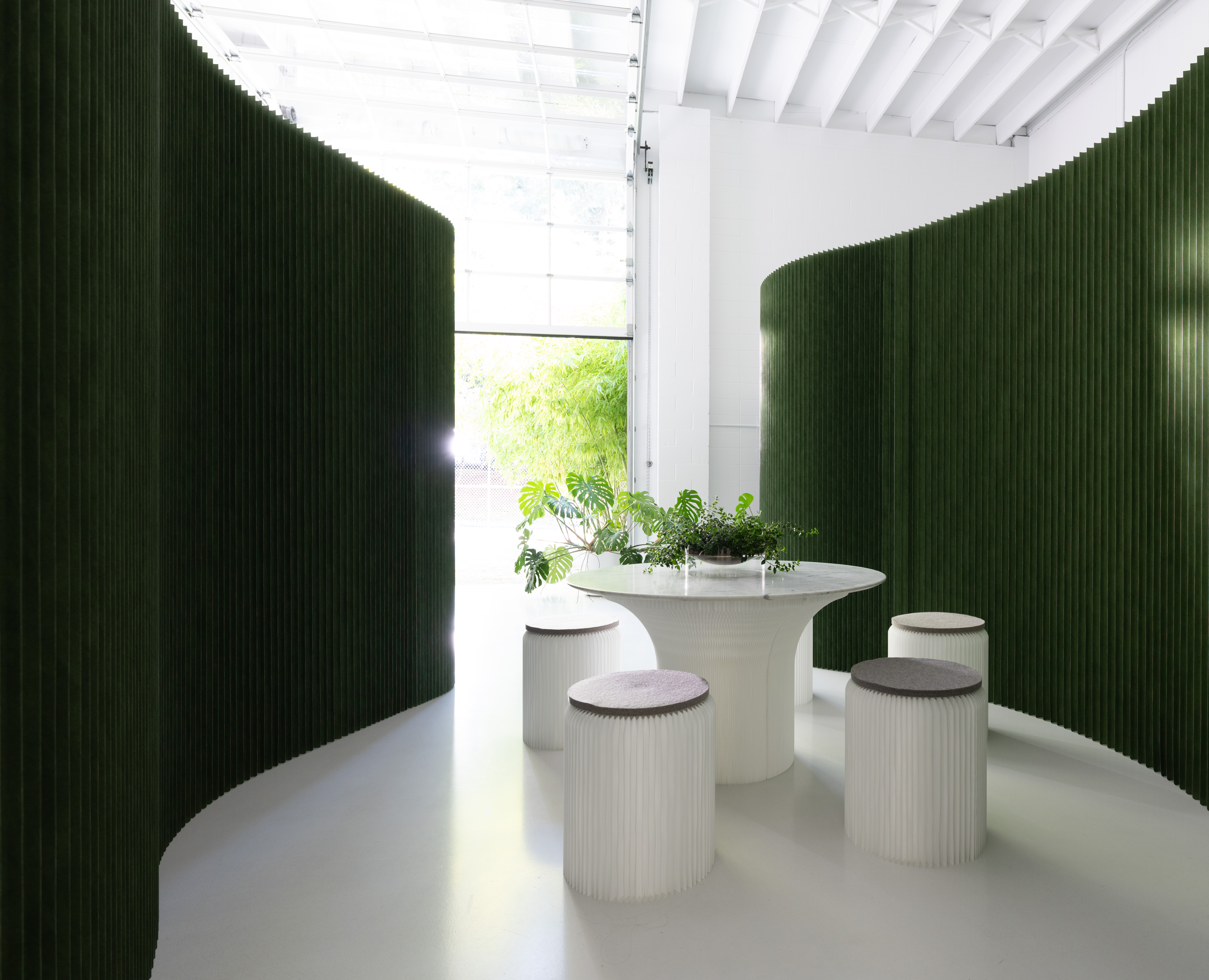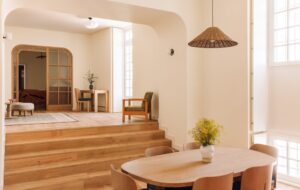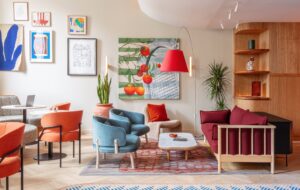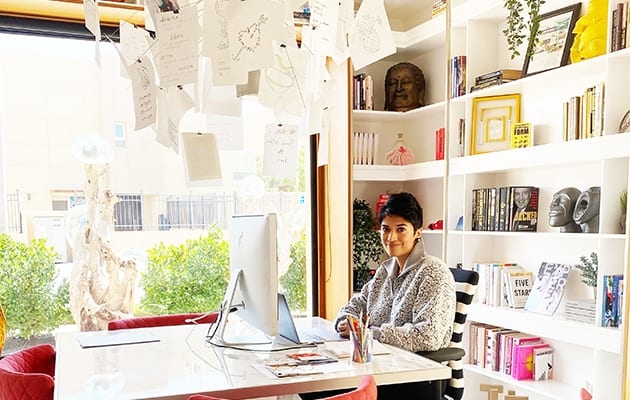 Roar’s director Pallavi Dean in her home office|||
Roar’s director Pallavi Dean in her home office|||
There is a sense of solidarity in the industry, but it’s something that is happening informally, through phone calls and messages – not some grand industry-wide initiative.
The good thing about consultancy is that it lends itself really well to remote working, so between designers, we’re swapping tips on what works and what doesn’t.
 Pallavi Dean says her team at Roar has embraced remote working. Photo: Roar
Pallavi Dean says her team at Roar has embraced remote working. Photo: Roar
Working from a home office has brought changes to Roar’s day-to-day business and it’s working brilliantly. As a team, we are completely embracing remote working and are now conducting all internal and external meetings virtually.
Read more: Lois O’Hara on being a dreamer, the joy of colour and making others happy
Typically, as consultants we waste so much time travelling to and attending meetings, many of which are unnecessary. In many ways, the new reality of remote working is far more efficient and productive.
 A view of the Roar-designed Gastronomica office hot desk area, Dubai, 2019. Photo: Roar
A view of the Roar-designed Gastronomica office hot desk area, Dubai, 2019. Photo: Roar
Design projects will also adapt in the future as a result of the pandemic. Two things will never be the same again. First, antimicrobial materials. Consultants have been pushing for these for years, but they always get value-engineered out. Not anymore.
Second, office design. Today, the vast majority of clients in this region (Middle East) still insist on ‘one person, one desk’ when designing their corporate HQs. Only a handful of pioneers are commissioning truly agile, flexible workspaces. But this will no longer be the case now.
 Pallavi believes her designs reflect the influences of being born in India, raised in Dubai and working for several years in London. Photo: Roar
Pallavi believes her designs reflect the influences of being born in India, raised in Dubai and working for several years in London. Photo: Roar
Read more: 5 tips for working from home
Here at Roar we’ve already started having this conversation about the future of office design – for example, we are currently designing the new McKinsey & Company office in Doha and we’ve integrated more spaces equipped with Zoom as we are realising how those video conference systems are working so well at the moment. Another trend I think is that the whole idea of shared desk spaces isn’t going to survive the pandemic – clients will want to have dedicated spaces, more cordoned off areas fitted with antimicrobial finishes.
In the Middle East, offices have always been designed and are still designed following the principles of what I call the ‘cubicle-style workstation’, and I think more countries will go back to this more territorial approach and move away from hotdesking, which will lose its popularity in a post-Covid 19 context.
Director of the United Arab Emirate’s award-winning interior design studio Roar Pallavi Dean explains the untapped potential of remote working

